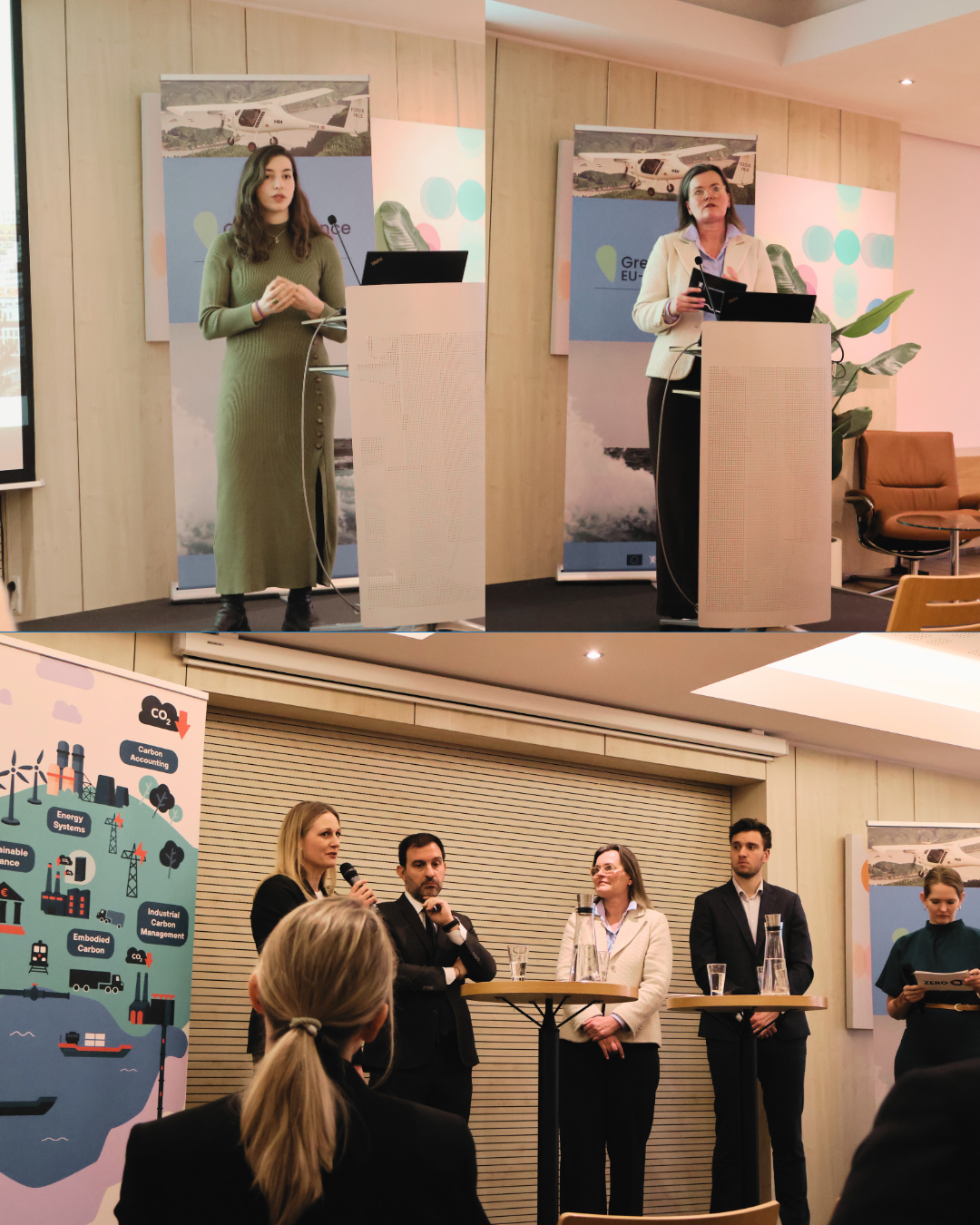
Joint letter – ICC reform and expansion risks diverting ETS Revenues from real climate action
In light of the European Commission’s ongoing considerations to amend the ETS State Aid Guidelines, revising the rules for Indirec...
News
Publish date: October 9, 2008
News
The Nizhny Novgorod region aleady has experience using renewable energy at the Ichalov Hydro Electric plant in the Perevosky district, and with wind power installations in Kstovsky district. Nizhny Novgorod also produces bio-gas from agricultural waste. The Region is even home to the commercial Mestprom scientific research institute, which develops and builds vertically-integrated rotor based wind power installations, the Nizhny Novgorod news agency reported.
At an expanded roundtable meeting on the topic of renewable energy, Nizhny Novgorod deputy governor for construction and energy, Valery Anglichaninov said: “Unfortunately, in the Nizhny Novgorod region, as in all of Russia, renewable energy is still not actively used.”
“To a large degree, this is he result of a lack of basic procedures and government aid for the realisation of these projects, without which they, as a rule, have a long rate of return,” he said.
He noted that the Nizhny Novgorod government is expecting serious development in the use of renewables in the region. Representatives of the European Union’s TACIS programme on renewable energy sources and reconstruction of low-power Hydro-Electric plants were present at the roundtable discussion. The TACIS project covers cooperation and coordination of development of normative acts aims at realising investment projects in renewable energy.
In September, Russia’s Energy Ministry and the government of the Nizhny Novgorod Region signed a cooperation agreement on increased efficiency in fuel use, energy resource management and renewable energy.

In light of the European Commission’s ongoing considerations to amend the ETS State Aid Guidelines, revising the rules for Indirec...

On 24 February 2025, Bellona Europa co-hosted a breakfast seminar at Norway House in Brussels alongside ZERO and the Mission of Norway to the EU, bringing together policymakers, manufacturers, and procurement practitioners around a single conviction: European cities hold a decisive and largely untapped lever for decarbonising construction. With the revision of the EU Public Procurement Directives on the horizon, the moment to use it is now.

Opening remarks and future of EU CRCF Market Christian Holzleitner, Head of Unit for Land Economy and Carbon Removals&nb...

Together with six NGOs and five industry partners, Bellona Europa signed a joint letter on the RFNBO Delegated Act, reiterating that now is not the t...

“The Commission shall monitor the situation at Union level with a view to monitoring the impact of the CBAM on the Union i...
Get our latest news